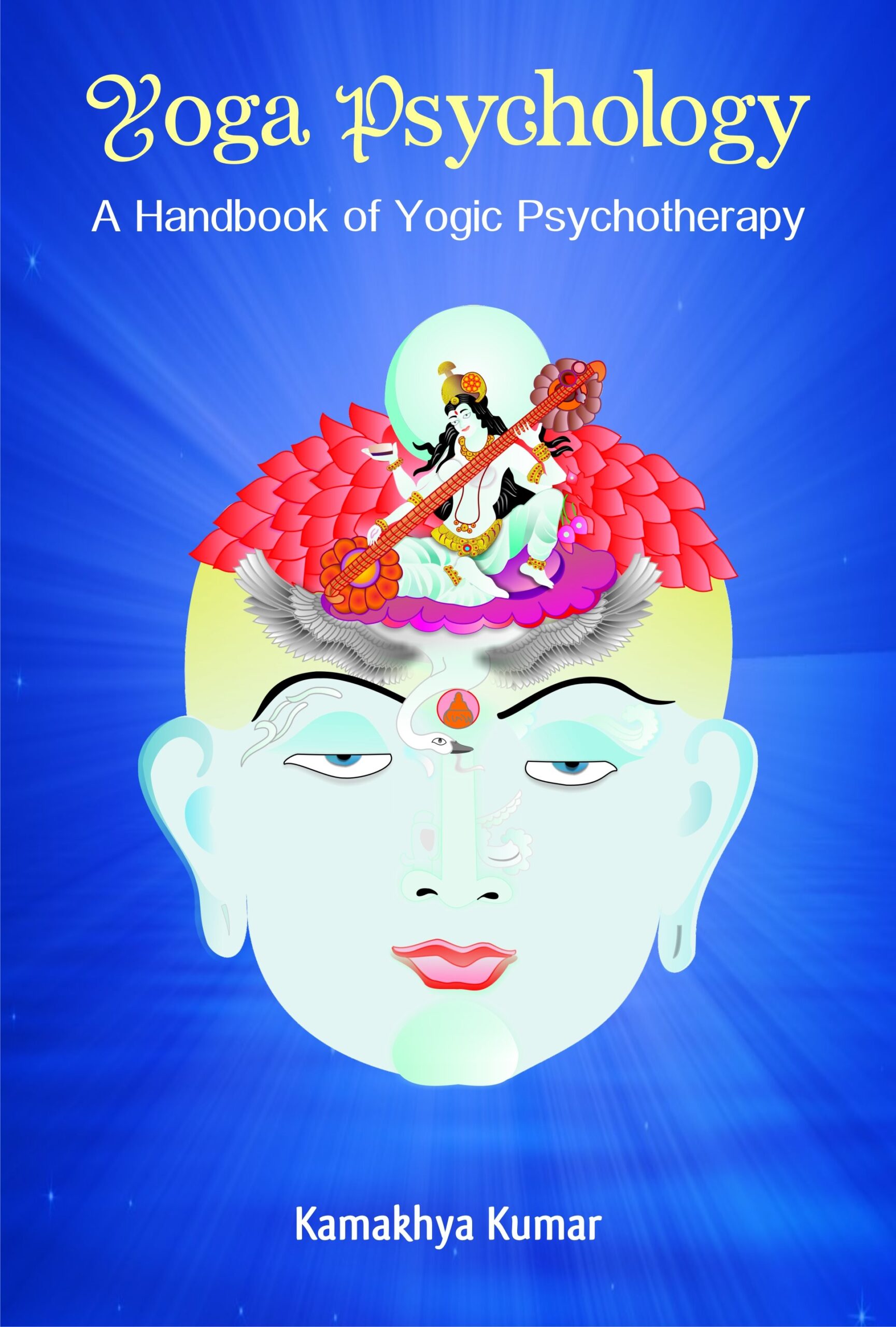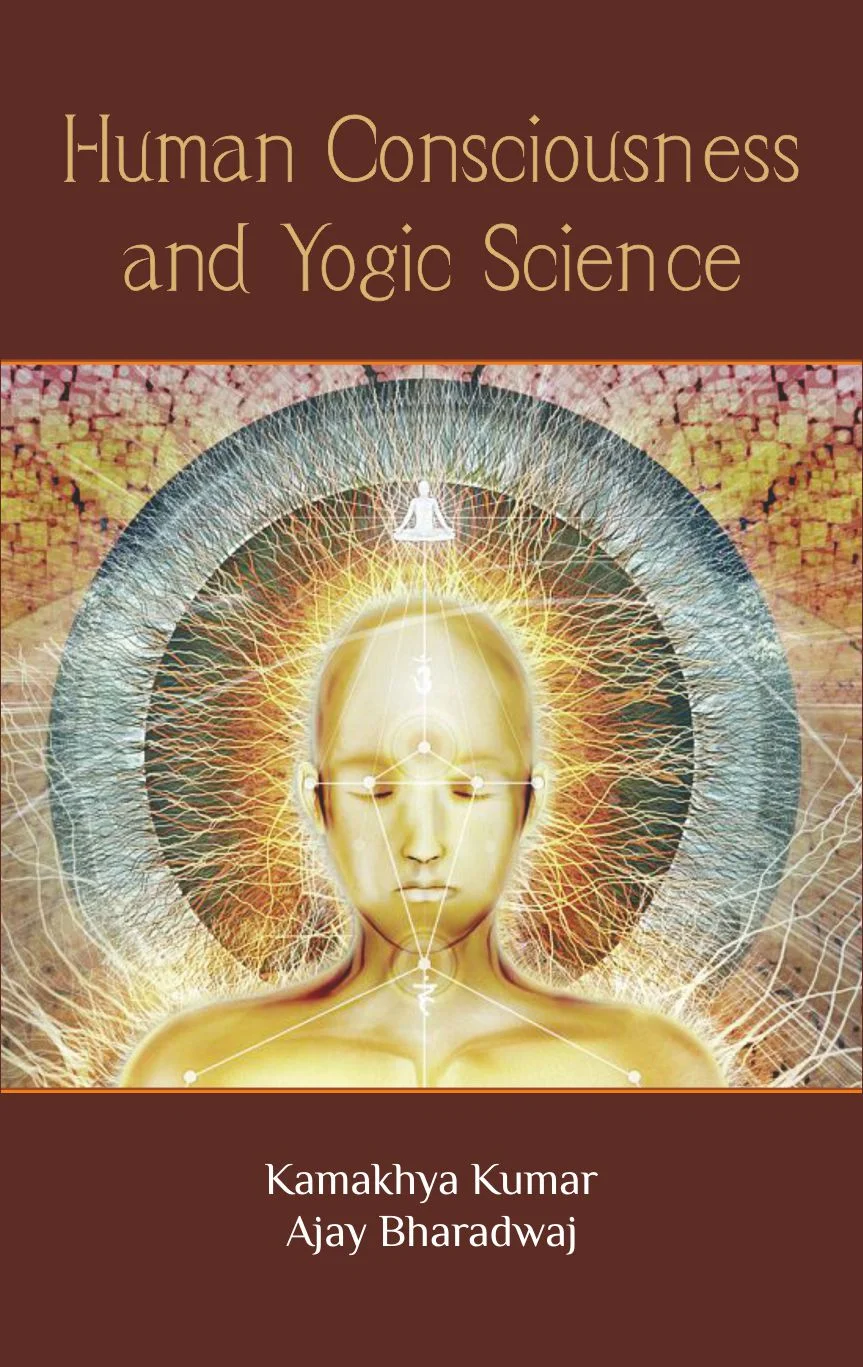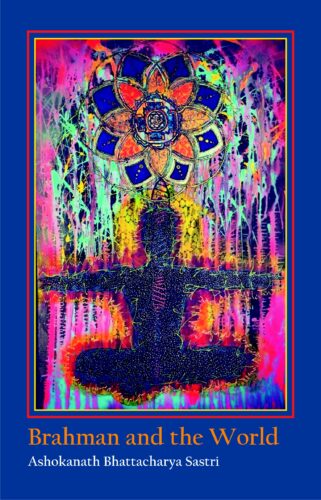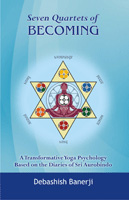

Yoga Psychology (PB)...
Yoga Psychology (PB)
A Handbook of Yogic Psychotherapy by: Kamakhya KumarThe sound practice of yoga enables one to have a disease-free body and keen intellect. This book details the impact of various yoga practices on psychology and specifies that consciousness has a wider conation in yoga in developing one’s personality traits and leveraging them further to keep him/her happy and experience a blissful life.
$24.00
ISBN: 9788124607121
Year Of Publication: 2013
Edition: 1st
Pages : x, 214p.
Bibliographic Details : Maps, b/w photographs, Appendices; Glossary; Bibliography; Indices
Language : English
Binding : Paperback
Publisher: D.K. Printworld Pvt. Ltd.
Foreword By : Ganesh Shankar Giri
Size: 23 cm.
Weight: 650
Yoga psychology is both a positive and a normative science. It not only analyses human personality and its growth, but sets normative ideals and prescribes techniques to achieve such objectives, as well. Thus, expansion of consciousness and making oneself the master of his/her mind are the broad objectives of yoga psychology. The topological aspect of mind as described by Freud in terms of conscious, subconscious and unconscious levels was well detailed in the yogic literature, thousands of years ago. The sound practice of yoga enables one to have a disease-free body and keen intellect.
The book, thus, details the impact of various yoga practices on psychology and specifies that consciousness has a wider conation in yoga. Yoga presents vivid and sound meditation procedures for the attainment of psychic consciousness through the awakening of kundalini. Homeostasis or balance is the central principle in yoga psychology, and it holds that any sort of imbalance in the system physical, psychological or pranic creates disorders and the solution lies in rebalancing it. Here comes the role of yogic psychotherapies such as prarthana, mantra sadhana, spiritual couselling, pranayama, yajna, sankirtana, svadhyaya and vrata anushthana.
This volume enunciates that yoga psychology is an applied science, and thus has remedies for many individual and social problems. It deals at large with the application and benefits of yogic practices in developing ones personality traits and leveraging them further to keep him/her happy and experience a blissful life.
Foreword Ganesh Shankar Giri
Prologue J.P.N. Mishra
Introduction
Chapter 1: Introduction to Yoga
Yoga: Its Meaning and Definitions
Traditions of Yoga
Jnana-Yoga
Bhakti-Yoga
Karma-Yoga
Raja-Yoga
Introduction to Patanjala Yoga
Ashtanga-Yoga
Introduction to Hatha-Yoga
Chapter 2: Introduction to Psychology
Psychology: Meaning and Definitions
Sensation, Perception and Extra Sensory Perception
Thinking: Basic Elements of Thought Proposition
Learning: Meaning and Applications
Memory: Meaning, Defnition, Types and Processes
Emotion: Meaning, Nature, Types and Emotional Intelligence
Personality: Meaning, Definition and Dimensions
Chapter 3: Yogic Concept and Psychology
Concept of Yogic Psychology
Seven Psychic Centres in Human Body
Five Sheaths of Human Body
Concept of Citta and Its Modifications
Citta-Vritti-Nirodha Through Yoga
Yogic Psychology and Concept of Bhagavad-Gita
Personality Types According to Yoga
Personality Transformation Through Yoga
Chapter 4: Yogic Psychotherapy and Techniques
Meaning and Definition of Psychotherapy
Nature and Basics of Yogic Psychotherapy
Prayer: As Faith Healing
Mantra Sadhana: Behavioural Technique to Control Mind
Spiritual Counselling: A Cognitive Therapy
Yajna Therapy
Meditation: Mind Controlling Technique
Pranayama: A Behavioural Technique to Control the Self
Nada Yoga: Music Therapy
Trataka: Concentration Technique
Bandha and Mudras: Prana Controlling Technique
Sankirtana: Catharsis Technique to Release Emotions
Svadhyaya: A Cognitive Therapy
Satsanga: A Cognitive Therapy
Worship: A Faith and Emotion Therapy
Prana Cikitsa or Pranic Healing
Vrata, Anushthana and Upavasa for Behavioural Control
Prayashcitta Sadhanas: Penance
Bibliography
Index











